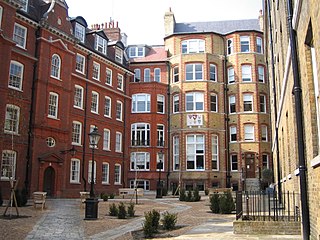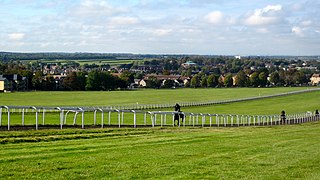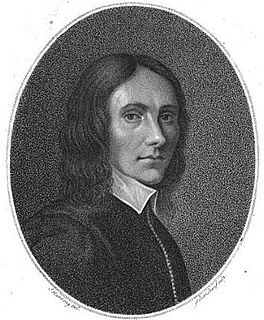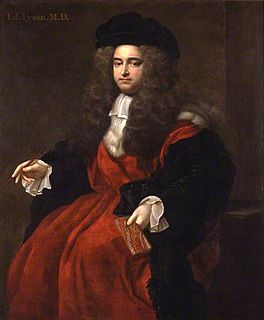Philip Warwick (1640–1683) was a British diplomat.
He was the only son of Sir Philip Warwick (1609–1683), the English writer and politician.
Sir Philip Warwick, English writer and politician, born in Westminster, was the son of Thomas Warwick, or Warrick, a musician.
The younger Philip was probably admitted to the Inner Temple in 1656. In 1680, he was appointed as British envoy extraordinary to Sweden (to represent the subjects of all three British kingdoms), arriving in 1680. His diplomatic business was mainly concerned with trade, the possible renewal of a commercial treaty, and problems encountered by individual merchants.

The Honourable Society of the Inner Temple, commonly known as Inner Temple, is one of the four Inns of Court in London. To be called to the Bar and practise as a barrister in England and Wales, an individual must belong to one of these Inns. It is located in the wider Temple area of the capital, near the Royal Courts of Justice, and within the City of London.

Sweden, officially the Kingdom of Sweden, is a Scandinavian Nordic country in Northern Europe. It borders Norway to the west and north and Finland to the east, and is connected to Denmark in the southwest by a bridge-tunnel across the Öresund, a strait at the Swedish-Danish border. At 450,295 square kilometres (173,860 sq mi), Sweden is the largest country in Northern Europe, the third-largest country in the European Union and the fifth largest country in Europe by area. Sweden has a total population of 10.2 million of which 2.5 million have a foreign background. It has a low population density of 22 inhabitants per square kilometre (57/sq mi). The highest concentration is in the southern half of the country.
In January 1683, he obtained leave to return to England to deal with family affairs, leaving his secretary Dr John Robinson as Chargé d'Affaires. However, he died in March at Newmarket with the result that Robinson succeeded as envoy.

Newmarket is a market town in the English county of Suffolk, approximately 65 miles north of London. It is generally considered the birthplace and global centre of thoroughbred horse racing and a potential World Heritage Site. It is a major local business cluster, with annual investment rivalling that of the Cambridge Science Park, the other major cluster in the region. It is the largest racehorse training centre in Britain, the largest racehorse breeding centre in the country, home to most major British horseracing institutions, and a key global centre for horse health. Two Classic races, and an additional three British Champions Series races are held at Newmarket every year. The town has had close royal connections since the time of James I, who built a palace there, and was also a base for Charles I, Charles II, and most monarchs since. The current monarch, Queen Elizabeth II, visits the town often to see her horses in training.




